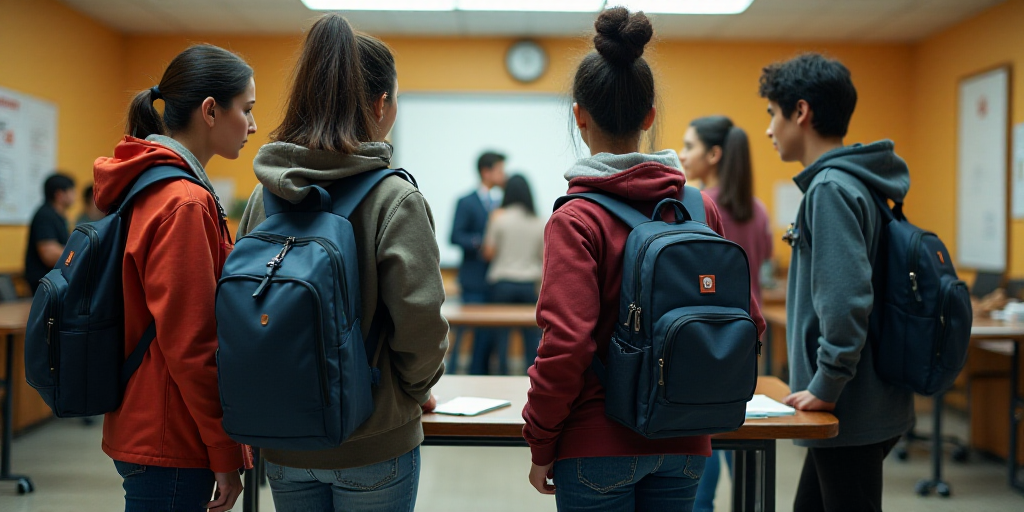Introduction
In Mexico, over 400,000 individuals are engaged in collecting recyclable materials, a crucial aspect of the circular economy that has historically been overlooked. To address this challenge, Unilever Mexico, in partnership with México Recicla, is driving the “Enchúlame el Acopio” initiative. This program aims to improve working conditions for waste collectors and strengthen the infrastructure of recycling centers.
Program Overview
“Enchúlame el Acopio” seeks to fortify the initial links in the recycling chain through infrastructure enhancements at recycling centers and comprehensive training for waste collectors. In its second edition, the program targeted the “Gabo” center in Ecatepec, Estado de México. With a capacity to recycle up to 480 tons annually, this plant prevents the release of 960 tons of CO₂ per year, equivalent to taking around 210 cars off the road.
Objectives and Impact
Mei Crespo, Head of Communications & Corporate Affairs at Unilever Mexico and Foods LATAM, explains that the program’s goal is to demonstrate the possibility of dignifying waste collectors’ work while promoting a more humane and sustainable circular economy. The transformation of these spaces not only enhances recycling processes but also contributes to the health, safety, and well-being of those operating them.
Addressing Historical Neglect
The lack of recognition and adequate conditions has been a constant for the sector. Thus, one of the program’s pillars is the dignification of waste collectors’ labor. Beyond numbers—more than 13,000 people directly or indirectly benefited in this edition—the focus is on changing societal perception.
Inclusion and Holistic Development
What sets the program apart is its inclusive and holistic approach. Alongside physical adjustments, workshops on safety, good recycling practices, financial literacy, and healthy eating are incorporated. These topics, introduced in this edition, aim to expand waste collectors’ capabilities for improved economic stability and quality of life.
Environmental Impact
The program measures its impact both socially and environmentally. The “Gabo” center, for instance, recycles plastic, cardboard, glass, and aluminum, helping avoid the use of virgin materials. Additionally, it reduces emissions and promotes a circular economy that reintegrates materials into the production system.
Unilever Mexico’s Sustainability Efforts
Since 2014, Unilever Mexico has not sent waste to landfills and implemented actions such as 100% recycled packaging for Hellmann’s, Pond’s, and Angel Face products. Moreover, its Civac aerosol plant in Morelos is Latin America’s first with zero emissions.
Challenges and Collaboration
Despite progress, Mexico’s recycling system still faces significant challenges: inadequate infrastructure, limited training, and low knowledge about proper waste separation. Mei Crespo believes that collaboration among businesses, government, and civil society is the solution.






